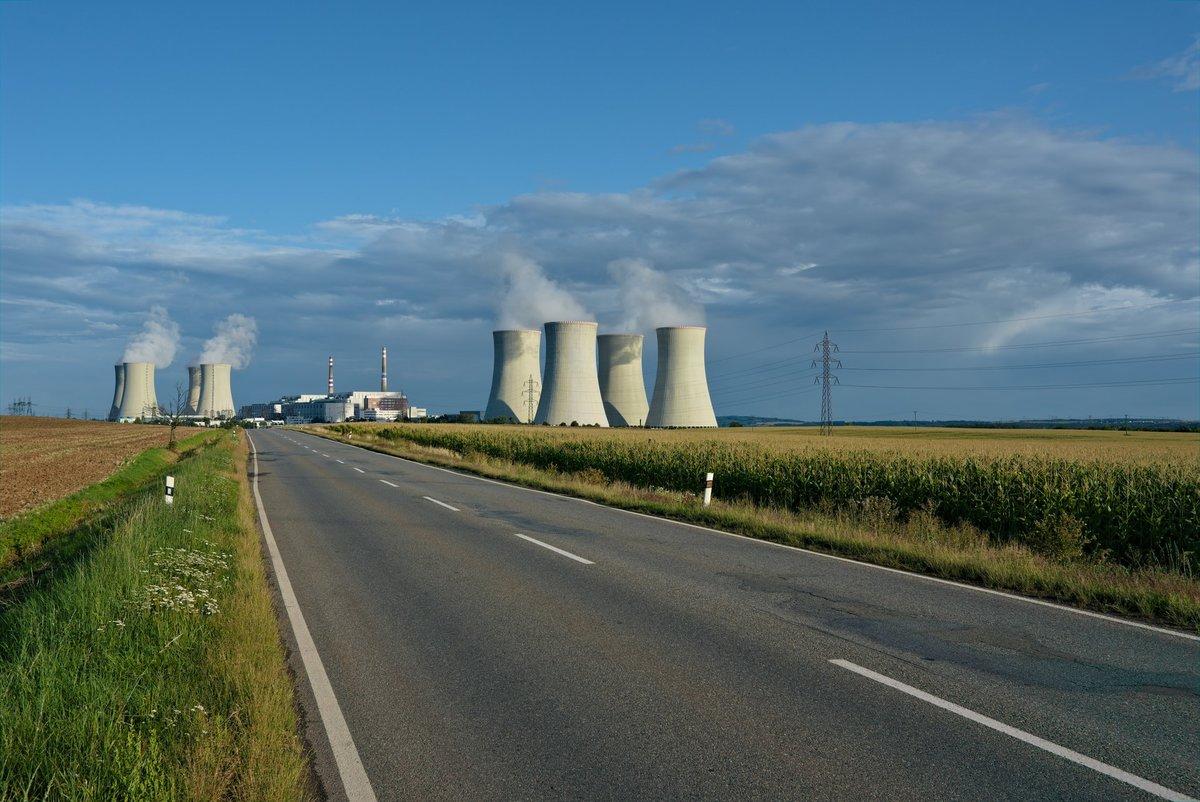AUTHOR: Ben Allen
The inclusion of nuclear and fossil gas into the EU’s green taxonomy threatens sustainable finance and Europe’s climate ambitions.
On Wednesday 2 February the European Commission college adopted a Delegated Act of the Taxonomy Regulation that will see nuclear power and fossil gas included in the EU’s green list of activities. This move, initiated by the very highest levels in the Commission, conveyed a disappointing message to the scientific community and civil society: the scientific basis for decision-making is only as good as the political interest around it.
At the beginning of this year, the Commission shared its draft Delegated Act on nuclear and fossil gas with the Platform on Sustainable Finance, and with the Member State expert group, under the auspices of ‘consulting’. The Platform, of which IEEP is a representative of think tanks in Europe, pulled out all the stops to provide the analysis and advice that it was set up to do. Some cancelled holidays, many worked weekends and late into the evenings. Many put on hold their work on developing criteria for the wider set of environmental objectives beyond climate. By 21 January, representatives of the Platform had managed, under the excellent leadership of the Chair, to provide a majority view and had highlighted many shortfalls in the text, as well as proposing improvements. Even more important, given that this act was not put out for public consultation and there appears to be no evidence of an impact assessment accompanying the proposal. The headline message from the Platform was that the criteria and act proposed were not in line with the Taxonomy Regulation, did not deliver a substantial contribution to climate mitigation (fossil gas) and did not prevent significant harm from being caused to the other environmental objectives (nuclear power). Yet as we were delivering this advice, we were already hearing that the Commission would be adopting the act only a few days later.
The criteria themselves, or the mere fact that nuclear power and fossil gas will be seen as sustainable and green in EU law, sets a dangerous precedent. It conveys also a global message as the EU is (or was) seen as leading the world on Taxonomy development. A statement by two former Japanese prime ministers on nuclear power could not have been clearer, that “nuclear power is neither safe, clean or economical” and a “nuclear-free and decarbonised world is possible”. It is precisely this sort of trajectory that the Taxonomy is designed to facilitate, to signpost investors and markets towards the activities that need investment in order to deliver for our environment and our climate.
The finally adopted Delegated Act has changed relatively little since the draft, and whilst some improvements on disclosure are there, the criteria themselves have not improved, and some have even become worse for the climate. The Platform itself has spoken out about both the criteria and the process, both of which risk the future of sustainable finance in the EU. Encouragingly though, word on the financial street is that investors already have portfolio rules that would not seek investments into nuclear or fossil gas anyway, despite the Taxonomy. The EU’s own Green Bond Standard doesn’t but perhaps that’s the smaller of the issues here.
The inclusion of these two activities was done with blatant disregard for the scientific evidence, EU citizens were not consulted (as is customary on legal proposals), and the advice of the independent expert group on Taxonomy (the Platform) was ignored. The science-policy interface could not be wider at this point, and the trust of the EU institutions has been undermined. It has left many of us wondering what role there is for evidence-based policymaking within the EU decision-making process going forward, and concerningly risks other sectors which are not yet included (such as agriculture) or require review (such as forestry) being subject to the same politics and pandering to vested interests.
There is still a small chance now that the act will not make it into law. The European Parliament and the Council have the opportunity to reject the act and show climate leadership that the EU has become known for, and which risks being undermined. While highly disappointed, IEEP will continue with its mission to provide evidence-based advice to improve policy and support a genuinely green taxonomy to guide sustainable investments into Europe’s future.
© Photo by Lukáš Lehotský on Unsplash


